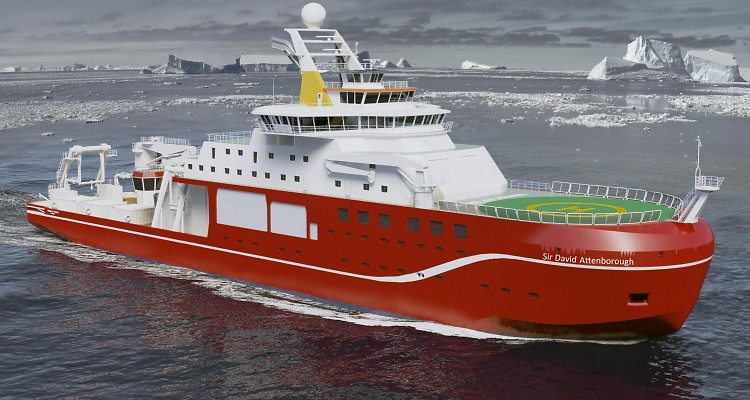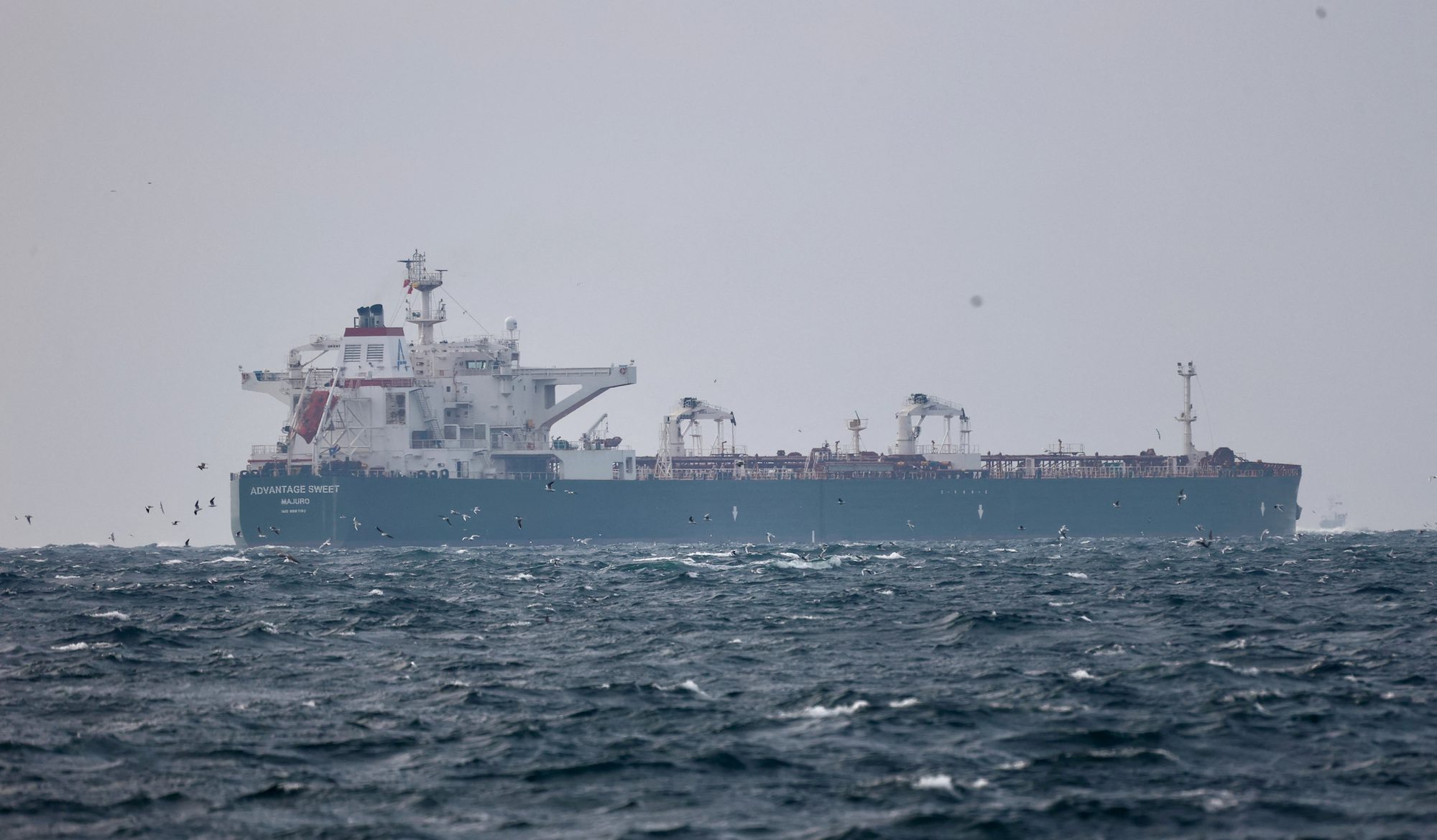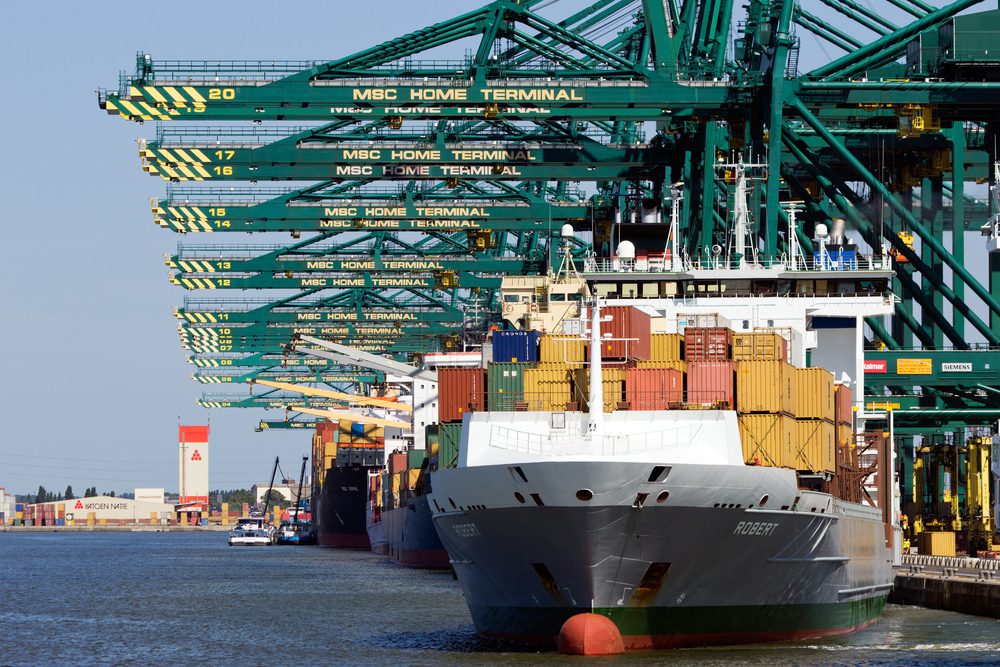An illustration of the RRS Sir David Attenborough. Credit: NERC
Rolls-Royce has won the tender to design and equip the UK’s new $300 million polar research vessel RRS Boaty McBoatface RRS Sir David Attenborough, said to be one of the most advanced research ships ever constructed.
Rolls-Royce was awarded the tender by British maritime engineer Cammell Laird following a competitive 12-month tender process.
Cammell Laird was commissioned by the UK’s Natural Environment Research Council (NERC) to build the UK’s future polar research vessel last year. Upon completion, the RRS Sir David Attenborough will be operated by the British Antarctic Survey (BAS) and made available to the whole UK research community, including for postgraduate training. In addition to carrying out research in both the Antarctic and Arctic, the ship will transport supplies to Antarctic research stations.
The ship design selected by Cammell Laird is from Rolls-Royce, with detailed design already well on its way with construction expected to start in June at the Birkenhead yard.
The Rolls-Royce design, known as the UT 851 POLAR, was specifically developed to meet Cammell Laird’s requirements.
Among the main requirements for the RSS Sir David Attenborough are very low levels of underwater radiated noise, Polar Code 4 ice class, Lloyd’s Register classification, space for a total of 90 people, a large cargo capacity, long cruising range and endurance, and the minimum risk of pollution. The 128-meter long UT 851 PRV builds on the design of the Rolls-Royce UT 395 Polar Code 3 research vessel, FF Kronprins Haakon, which is currently under construction in Italy for the Norwegian Institute of Marine Research.
Once completed, the vessel will capable breaking first year ice of up to one meter thick at a speed three knots, and will tow equipment over the stern or side at 6-8 knots, as well as carry out acoustic surveys at up to 11 knots. Rolls-Royce says that special attention is given to avoiding sweep-down of bubbles around the hull that could interfere with acoustic sensors, while an overiding requirement has been made for extremely low underwater radiated noise to avoid interference with survey equipment or disturbance to marine life.
The ship will be equipped with a diesel-electric propulsion system powered by the new Bergen B33:45 engines – including two nine cylinder and two six cylinder engines – supplied together with 4.5m CP propellers in a Promas installation driven by two independent motors on each shaft. Auxiliary thrusters to meet requirements for redundant propulsion and dynamic positioning.
Handling systems on board will also supplied by Rolls-Royce and will cover a wide range of tasks. For example, subsea acoustic survey, towing of scientific equipment with up to 12,000m of wire, deploying equipment over the side or through the moonpool in up to 9,000m of water, among other tasks. The ship will feature onboard laboratories that will allow prompt analysis of samples, and a stern and side A-frame will enable the deployment of other systems.
The fulfill its supply vessel role, the UT 851 PRV will be able to transport fuels and containerized cargo, and operate two small helicopters. An endurance of up to 60 days in sea-ice will enable scientists to gather more observations and data.
The ship will also come equipped with robotic submersibles and marine gliders to collect data on ocean conditions and marine biology and deliver it to scientists working in the ship’s on-board laboratories. Airborne robots and on-board environmental monitoring systems will also provide detailed information on the surrounding polar environment.
“This state of the art vessel shows what Cammell Laird is capable of as one of Europe’s most innovative, best equipped and highly skilled marine engineering service providers,” commented Cammell Laird CEO John Syvret. “We are looking forward to working with our long standing supplier Rolls-Royce and combining their industry leading expertise with our world-class facilities and workforce.”
RRS Sir David Attenborough is scheduled to be operational by 2019.
Of course the ship was made internet-famous after the name RRS Boaty McBoatface went viral in NERC’s online competition to name the vessel. Ultimately, the UK government decided that Sir David Attenborough, a world-renowned naturalist and British broadcaster, was a more fitting name for the vessel. The government decided however that the name Boaty McBoatface will live on in the name of one of the ship’s subsea vehicles that will support the research crew.
Unlock Exclusive Insights Today!
Join the gCaptain Club for curated content, insider opinions, and vibrant community discussions.

 Join The Club
Join The Club













